
Transcription
USA TODAY
Tuesday, September 24, 2013
High court returning to pileup of petitions
Law clerks play major role in choosing cases
Richard Wolf
USA TODAY
WASHINGTON About 2,000 plaintiffs hope to get picked Sept. 30 when the Supreme Court meets privately for its first conference of the 2013 term. Less than 1% of them are likely to be rewarded.
Their petitions for a hearing before the nation's highest court have accumulated over the summer while the justices traveled, lectured and prepared for the annual autumn onslaught. They represent about one-fourth of the roughly 8,000 petitions arriving at the court each year.
Thankfully, the justices have had help whittling down the pile of petitions. Their law clerks - 36 young men and women, most in their 20s and hailing from top-ranked law schools - have been writing memos on each case and recommending only the most consequential for consideration.
This "court within the court", as University of Virginia professor David O'Brien calls the clerks, is given the task of separating the wheat from the chaff. Immediately after starting their year-long clerkships in July, they pile through the weekly glut of petitions from lofty law firms and lawyerless plaintiffs alike.
Only about 20% of the petitions are in the first category. The rest are in forma pauperis - from defendants unable to pay for their defense, including hundreds of prisoners. Those stand little chance of being heard.
"The court no longer grants cases to resolve injustices", O'Brien says. "It only takes cases that have wide national importance."
For more than a decade, 7,500 to 8,900 petitions seeking Supreme Court review have been filed every term. Most are discarded before the justices arrive at the private conferences where they decide which cases will be heard. In the most recent term, 77 cases made the final cut.
The percentage of cases granted from the daunting summer list can be even less than one in 100, for several reasons. The justices are not inclined to add as many as 20 cases to the docket from a single conference. Their new clerks are more likely to recommend denial, lest they help persuade their bosses to take a case that could turn out to be a dud.
"New law clerks know that the way to play it safe is almost always to recommend a denial", says Jeffrey Fisher, who clerked for Associate Justice John Paul Stevens in 1998-99.
Thirty-two law clerks representing eight of the nine justices work as a "pool", dividing up petitions as they arrive each week. Each gets about 250 petitions a year - about 20 per month, or five per week - to review.
"For the clerk who writes the pool memo, there's a lot of weight on their shoulders", says Carrie Severino, chief counsel for the conservative Judicial Crisis Network and a former law clerk for Associate Justice Clarence Thomas.
One justice - Stevens until his retirement, and most recently Associate Justice Samuel Alito - traditionally has created a second level of review by having his four clerks go through all petitions separately. Working just for their boss, those clerks are able to focus on just the most important cases.
"It's a given that most cases are going to be denied", says Alexander Volokh, an assistant professor at Emory University School of Law, who clerked for Alito and his predecessor, Sandra Day O'Connor, in 2005-06.
Even so, petitions from those who cannot pay for private attorneys can get heard and make history. Such was the case with Clarence Earl Gideon, whose handwritten letter from prison to the Supreme Court in 1962 led to the creation of the nation's public defender system.
"Significant attention is paid to the (pauper) cases, which may present very important issues", says Joshua Civin, an attorney at the NAACP Legal Defense and Educational Fund and former law clerk for Associate Justice Ruth Bader Ginsburg. Such cases, he says, "can take time to think through and understand what's being presented."
Other posts by this author
|
2024 may 17
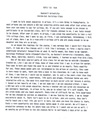
|
2024 may 14
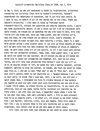
|
2024 feb 27
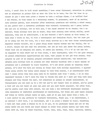
|
2024 jan 23
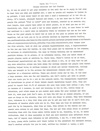
|
2023 sep 2
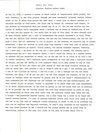
|
2022 aug 4
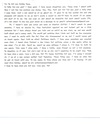
|
More... |
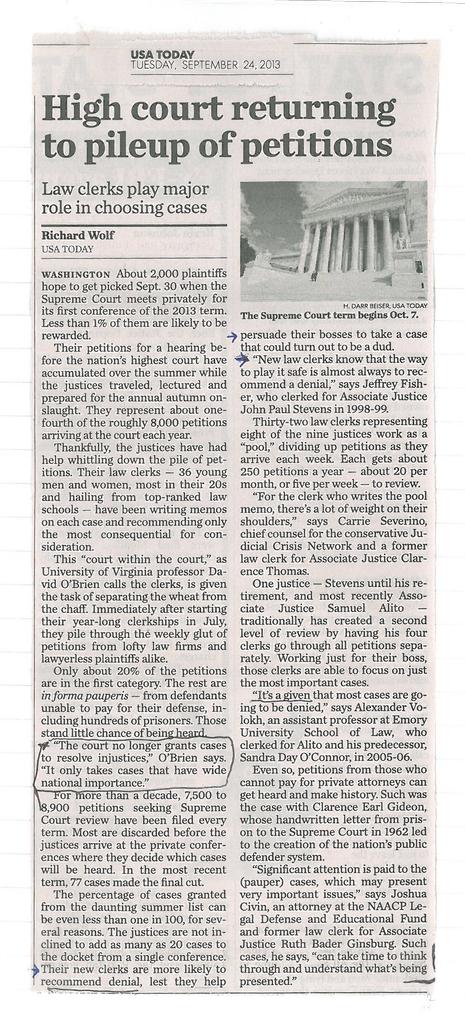

Replies